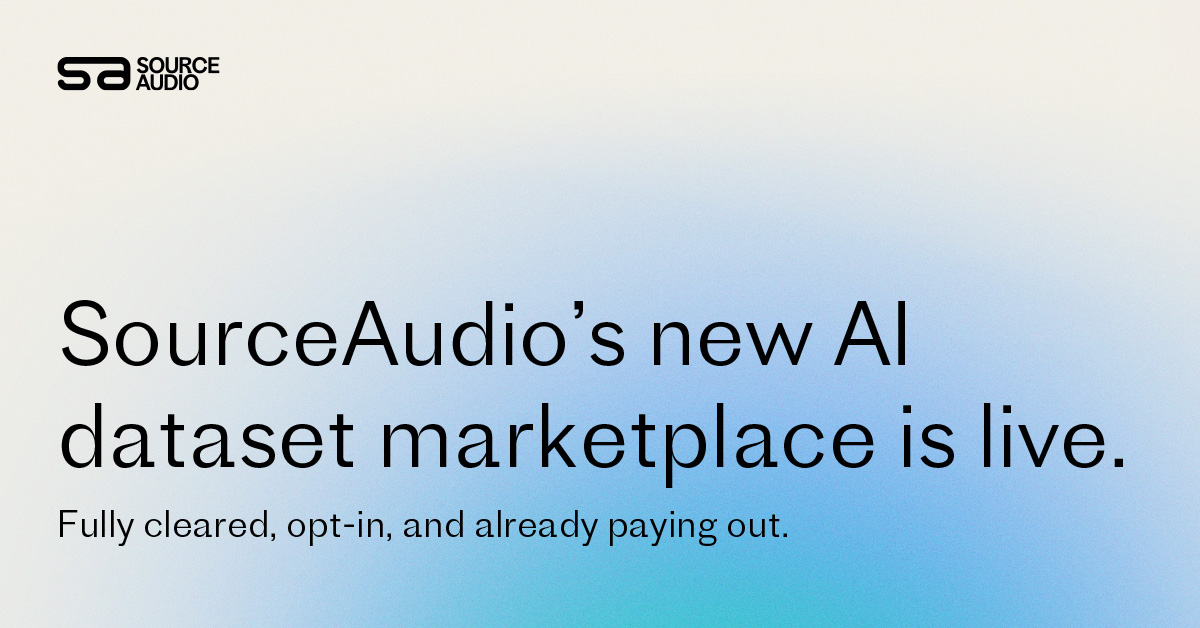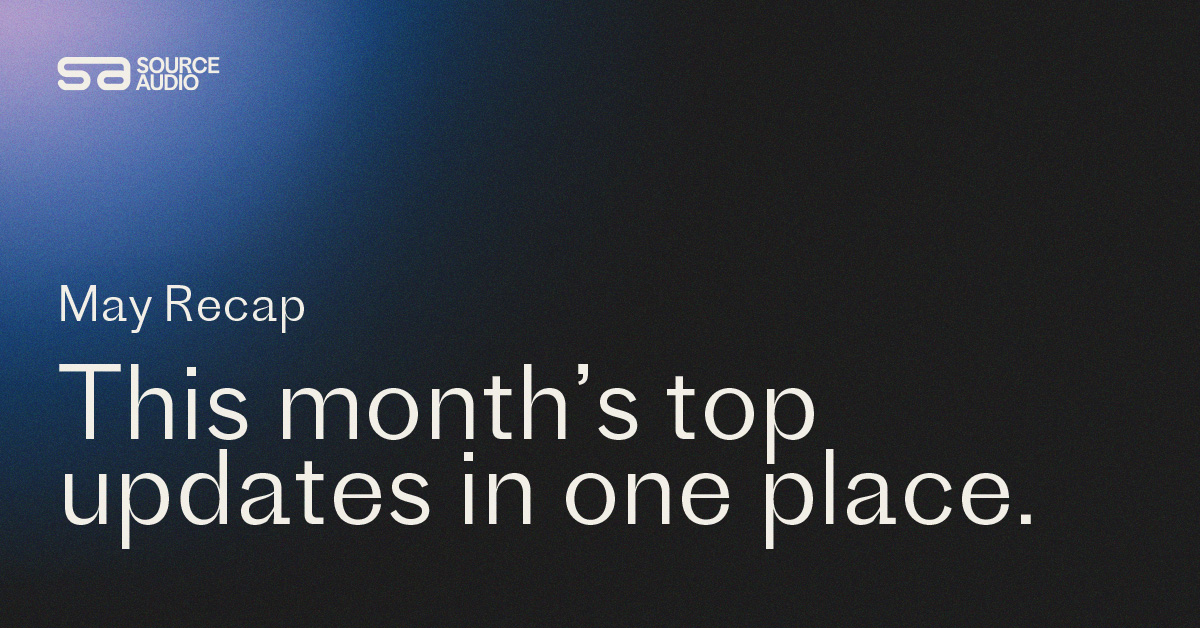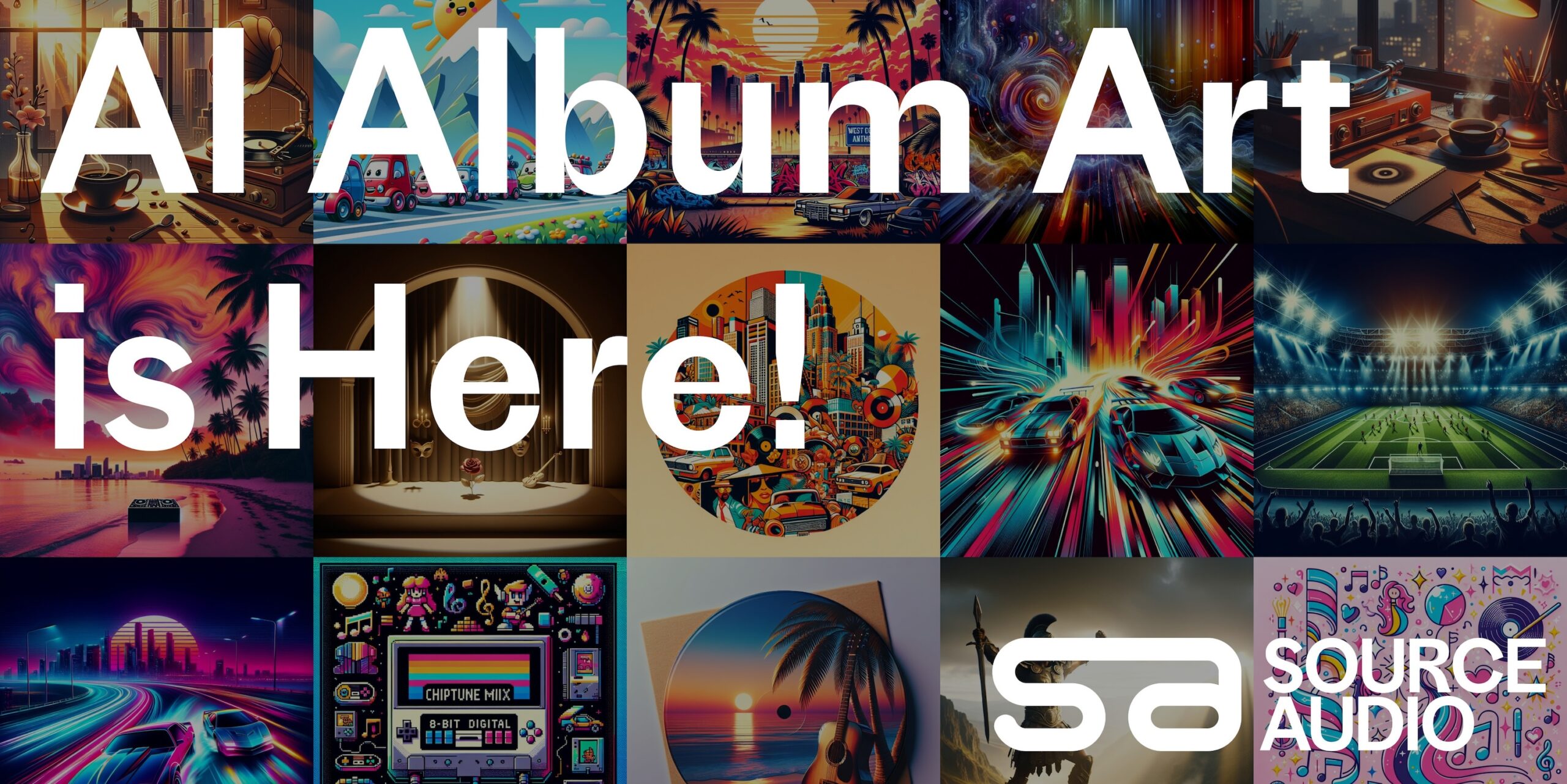Client Feature: Bad Owl Talks Building a Synch Business and Staying Connected Post-Covid
Updated November 25, 2020
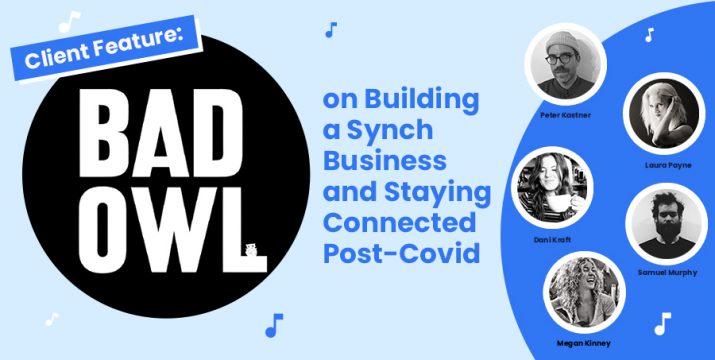
We recently spoke with Bad Owl, a boutique creative agency working in the synch space. Team members Megan Kinney, Dani Kraft, and Laura Payne share how they run a successful synch house in the time of covid, and founders Samuel Murphy and Peter Kastner share the company’s core values.
How did Bad Owl begin?
MK: Bad Owl got its start when Samuel Murphy and Peter Kastner were playing in a band together at Universal Studios. The company started out of their partnership. Sam already had a few film credits under his belt and a large collection of orchestral music, so together, they built on that by working with other artists, developing their production skills on collaborations, and creating the Bad Owl brand. Then from there they pulled us in to support it. I was drawn to Peter and Sam from the beginning for their production skills and how they approach making music.
LP: I used to work in a law firm where I represented Sam for his film scoring work, and then began representing Sam and Peter’s band, Karmic. So through that process we all became friends and from there I started doing all the legal work for getting Bad Owl started. A major aspect of the foundation of Bad Owl was taking control of Karmic’s sync rights, instead of dealing with third party sync agents, which became a really important choice to make as they continued to see more and more success in the synch sphere.
What challenges did you face in the beginning of the business?
LP: Our main challenge was that none of us had a good set of connections within the sync world. Peter had done some advertisements in Austria, but for the most part we were starting from scratch. So Dani hustled for that.
DK: It took a minute to learn the best way to reach out, send the right email, and how to approach people. A lot of trial and error there. Now it feels way more natural, and it helps a lot being able to share examples of past work that we’ve done. It’s also fun because I think our music is so great, so it’s exciting to share it. But, that initial struggle of “how do you approach someone” was major. There’s been a lot of drafts, a lot of edits made to that process.
MK: Being artists first, in the beginning we were figuring out how to run and structure a business. I’ve learned so much from LP about all the documents you need in place to protect yourself as an artist. We’ve also been figuring out how to take current industry standards and shift them so that agreements actually support the artist as much as possible. That’s taken a lot of thought, time, and consideration from everybody, but it’s always worth it when we reach a great deal with friends. We’ve had negotiations go on for six months but when you finally land it, it really feels like forward movement.
What came easily from the start?
DK: The music.
What’s the best way to get a music supervisor to listen to your tracks?
LP: Being passionate about the music, even if it’s just through email, versus in the “before-times” when we could actually meet people in person and have a personal connection.
MK: I’d say focusing on making the music the best and truest expression of what it’s meant to be, and then finding the right people to pitch to.
DK: Yeah. And you don’t need every supervisor to be in love with your music. Even just finding the few who do is really powerful. Those people will reach out and ask for tracks, and it becomes a great relationship.
What does a typical day look like, if one exists?
MK: We all have varying days. Some days I’m putting all my energy into creating music, but then I’ll get a pitch and I’ll have to totally switch gears. It all depends.
LP: Dani and I probably work the most closely together, in the “before-times”, we did a lot of in-person lunches, coffees, meetings with supervisors. So these days we try and set up calls and zooms, as much as possible, and it is nice now that it doesn’t matter whether or not you’re in L.A. anymore. You can get to have a face-to-face meeting with anyone, no matter your location. Besides that, I’m always working on some kind of contract for an artist or for a license deal, that inevitably gets interrupted with some emergency brief that Dani and I pull together in a couple hours.
DK: For me I’m always making a lot of playlists. Every day is a bit different. And now that we’re expanding more into artist services and growth, there is a lot of coordination to do whenever a release is coming out. Making press sheets, trying to help our music get on more Spotify playlists, and then bringing in interns and managing other people, plus tackling briefs that come in, we always have a lot going on.
Have there been any major events or turning points in the company’s history that have had a lasting impact or shaped how you work?
MK: Covid really threw a wrench in our system. Before it hit we were jammin’ with our day-to-day meetings, and then so many production houses just froze. Everything was suddenly put on hold and all the briefs we were getting just stopped for a good while. But with that time we’ve worked to expand more into other services and taken more time to get into the nitty gritty of marketing campaigns. We’ve worked to figure out what steps we need to take as the industry is shifting so dramatically. That was a turning point and a big period of expansion.
DK: Yeah, realizing that we can have revenue streams come from more than just synch, and expanding and creating our own visual content and imagery.
If there was something you could go back and tell yourself when you were first starting the company, what would it be?
LP: The process of building this business is going to take time.
MK: Celebrate the little wins along the way. I think that we definitely do that already, but sometimes the connection you made a year ago or 10 years ago might serve you when you least expect it. Cultivating relationships and connecting with people around your shared passion for music is never a wasted effort. When you’re sending music to people, you never know when someone might remember that and get back to you. That should be an exciting thing even when it can feel slow in the beginning.
DK: It’s great to talk to everyone really, not just the supervisors, because you just never know, people move around. You learn more working with many different types of people.
LP: Yeah, I’m often thinking, “is this phone call or meeting really going to move us forward in some way”, but in our experience it’s not that binary. You never really know what could come of it.
DK: Also, I think people need to remember that just because your song wasn’t placed in a spot doesn’t mean that the song wasn’t a good fit. It’s still an awesome song. It happens, you just have to let it go and keep going.
MK: Always, always tell the former self keep going.
You guys are a mostly female-run company. Do you work with any other cool female-powered businesses?
DK: We just did a project for Viacom where the executives we worked with were all women, which was super cool. There’s also a lot of supervisors who are women that we talk to every day.
LP: Yeah we work with a lot of awesome, badass female supervisors. And our guys Sam and Peter are very supportive.
Any recent placements that you are especially proud of?
LP: One of Karmic’s tracks was in a docu-series called Equal that’s going to be on HBO Max. It’s about the fight for LGBTQ rights over the last century.
PK: We placed a Karmic track in the end credits of an episode of The New Pope.
DK: My mom worked on a documentary called No Single Origin about a coffee shop run by refugees. It’s a beautiful story, and they used a few of our tracks which came out perfectly. It was so emotional and impactful.
MK: Sam had a track in the trailer for the movie Just Mercy, which was such a powerful story. The track led you into the trailer and came out amazing. It’s exciting to see a song pull you into a story connected to a positive movement. We need that these days. You see how music can elevate a story and help something literally be heard better in the world. That’s always very fulfilling.
What would you say are Bad Owl’s core values?
SM: I feel like our core value right now is based on growing as individuals so that we can grow as a team. Everyone is constantly trying to better themselves, learn, and then carry those principles into collaboration. I feel like that type of mindset is really helpful. We’ve realized that just from being on the same page more often during the week, touching base and talking about the music and what we’re thinking about as far as the future is concerned we find great momentum. So I think growth individually, as people, as humans, but also as a business, what that means to grow as a business and the responsibilities that come with it as you get better. Our mantra is Beating Adversity Daily, Only With Love.
PK: One of my favorite sayings is this: If you want to go fast, go alone. If you want to go far, go together.
There are always people who inspire you. If you’re able to work and create with such people, you’re golden. That’s what we’re trying to do. We’re trying to push each other to dig deep into our creative sources and ride this incredible wave of the ever changing music world. The music business is the most bizarre phenomenon. It’s literally changing every year. It’s unpredictable and we’ve gotten pretty good at adjusting to the currents.
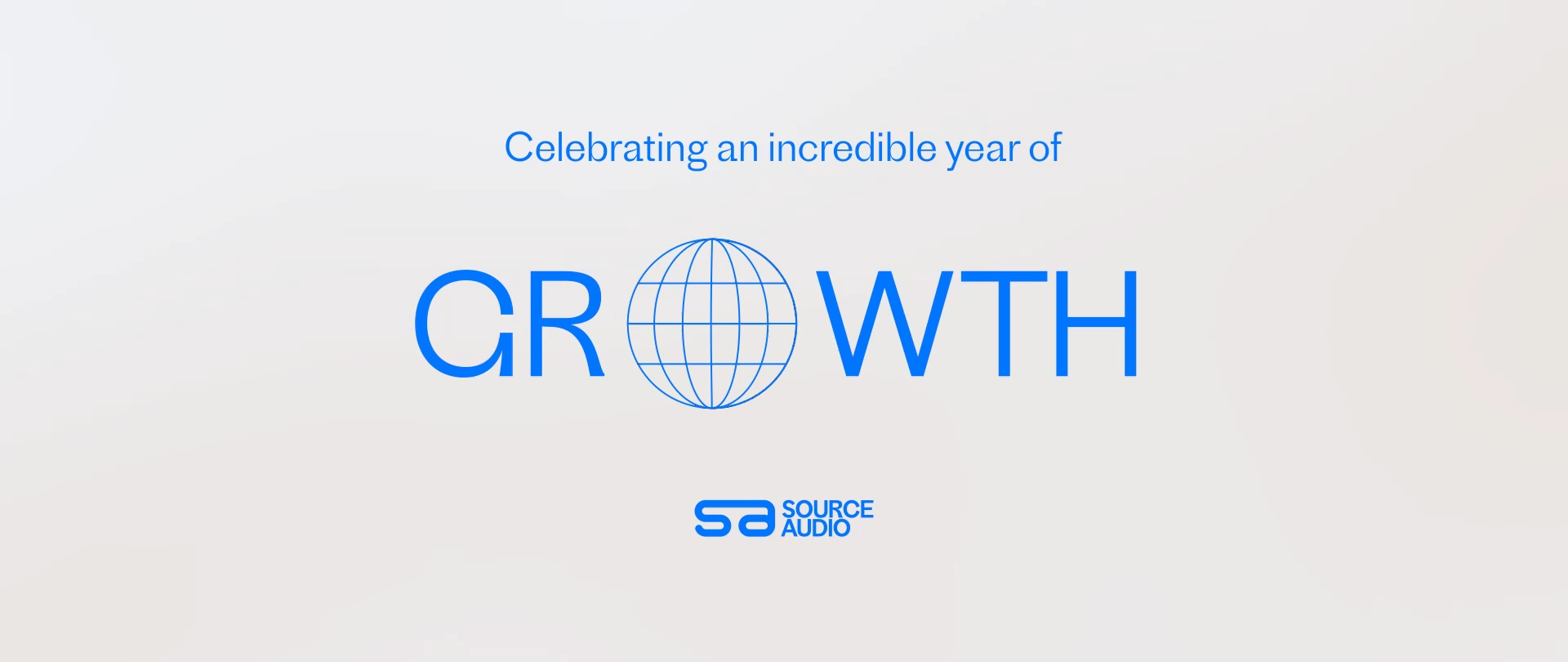
SourceAudio Celebrates Record-Breaking 2024
As we wrap up 2024, SourceAudio has solidified its position as the system of record and single source of truth for the music licensing industry. Through unprecedented growth and democratization of cutting-edge music technology tools, our p...[ READ MORE ]
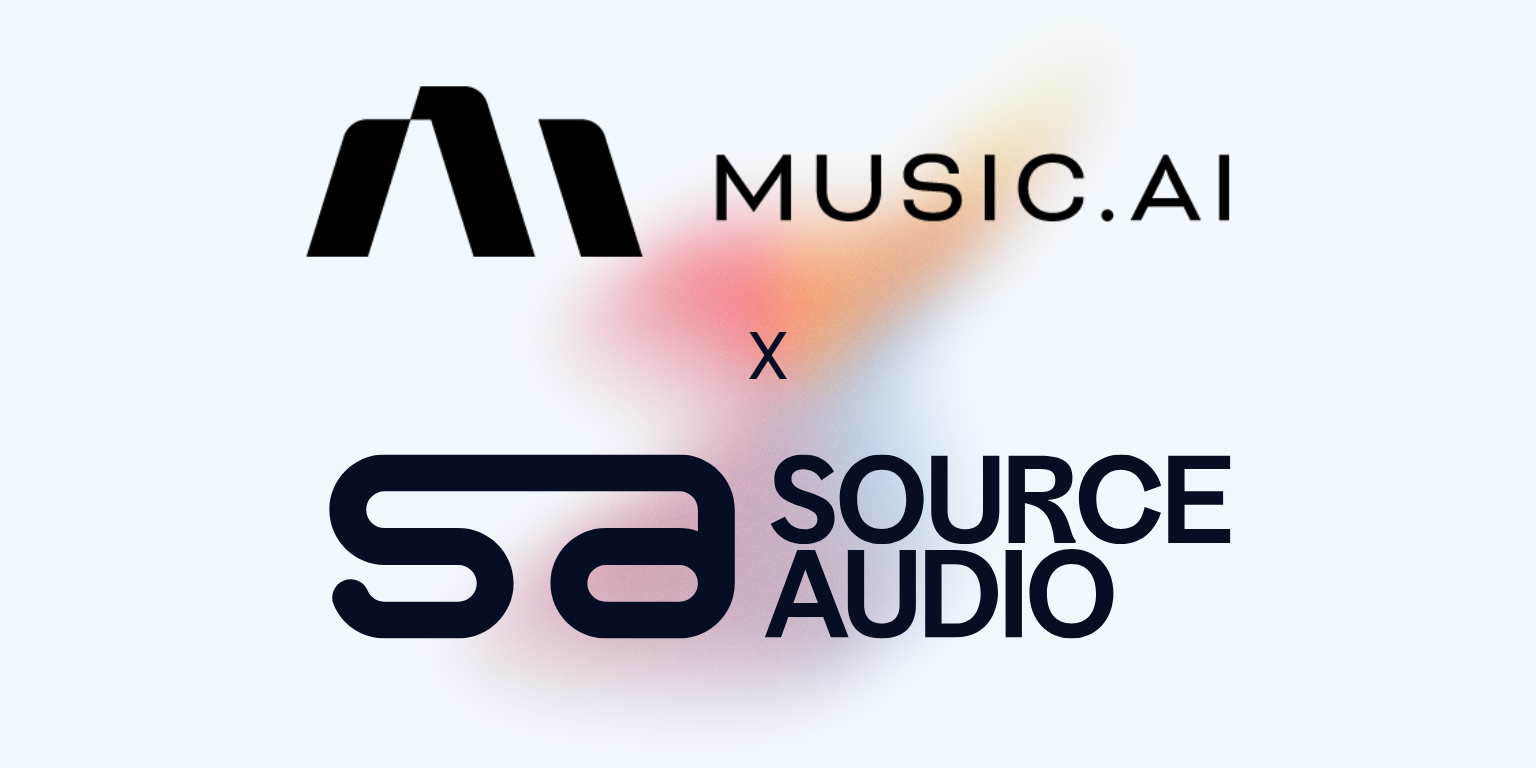
Industry-Leading Stem Separation Comes to SourceAudio
We are excited to announce our latest partnership with Music.AI, bringing groundbreaking AI-powered stem separation directly to our platform! This integration allows you to create broadcast-quality instrumentals and stems with unmatched pr...[ READ MORE ]
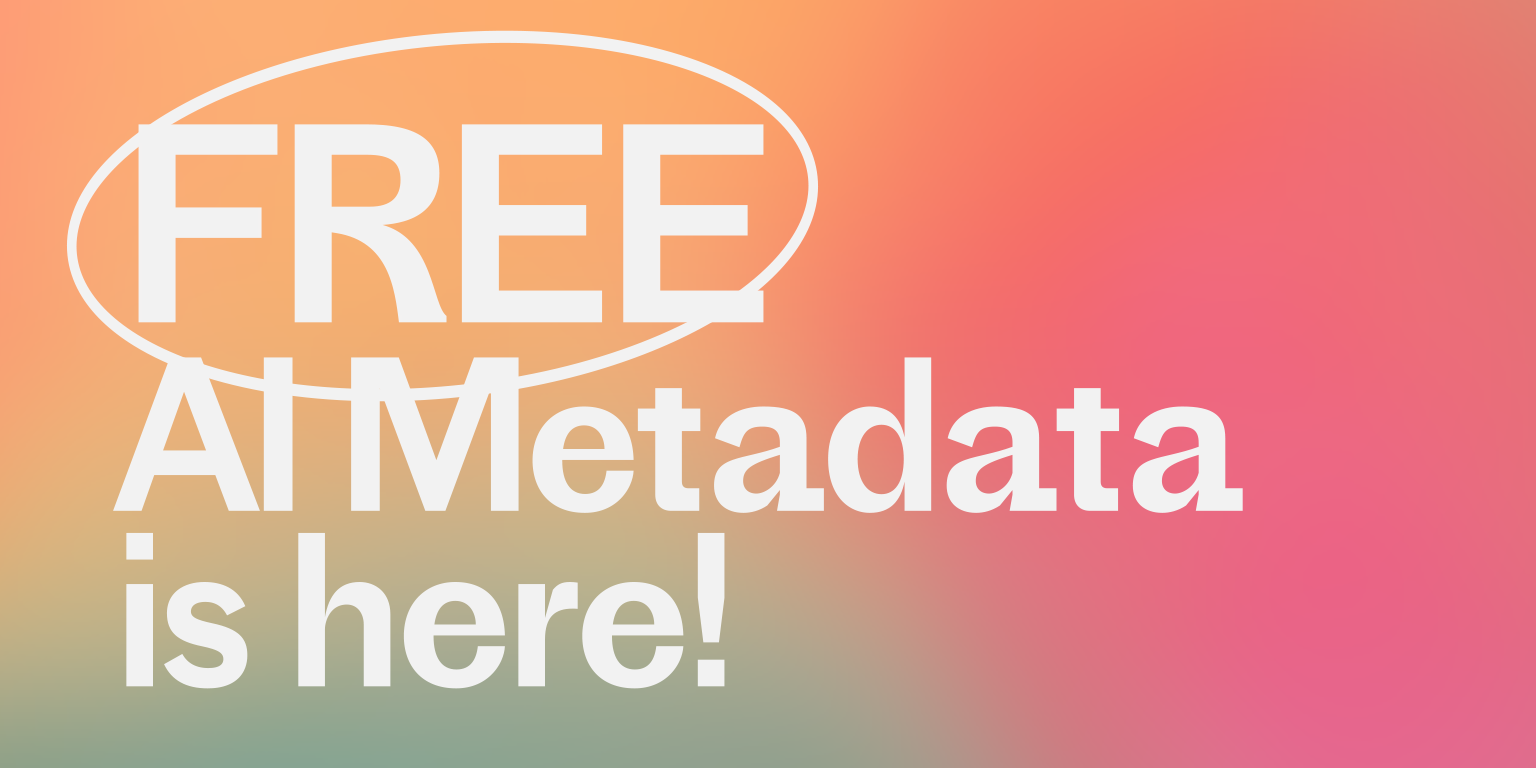
FREE AI METADATA – Now on All Catalog Manager Sites
Supercharge your music library with cutting-edge AI-powered metadata -- on us! Every Catalog Manager site now comes with FREE AI metadata tagging for your entire catalog. Leverage this incredible tool now, and read on to learn how it can d...[ READ MORE ]
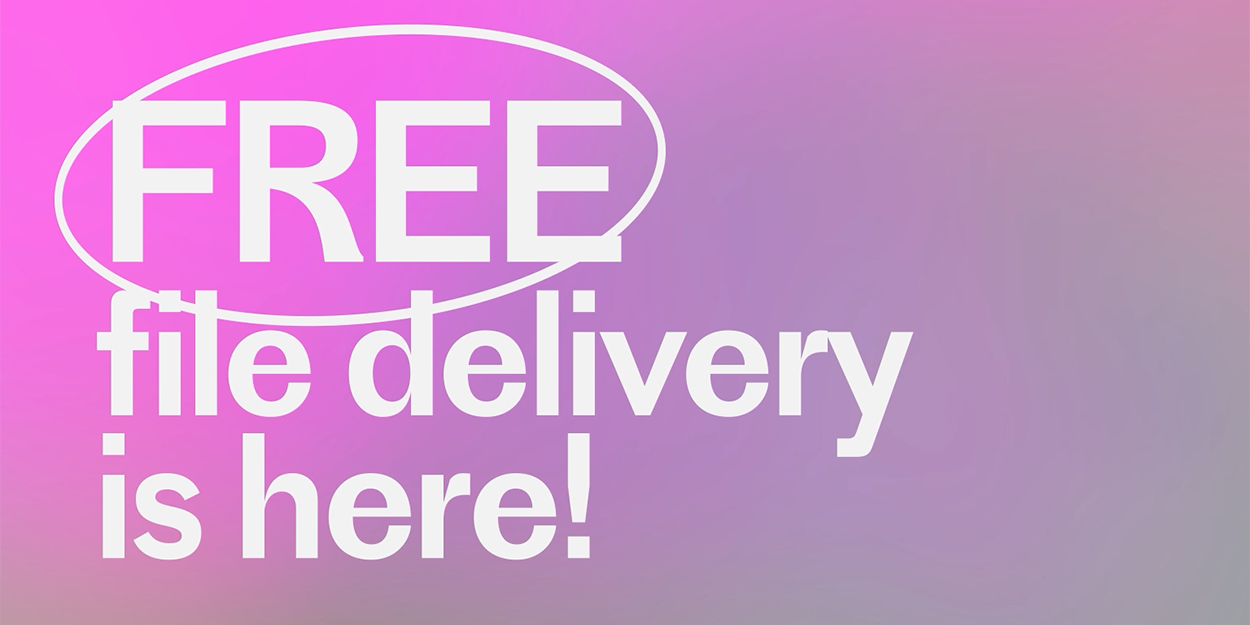
File Delivery is Now Free and Included for All Catalog Manager Sites
Every Catalog Manager site now comes with 250GB of FREE file transfer space every month – that's approximately 9,000 WAV files, every month. Not using file delivery yet? Here are 11 ways this powerful tool can supercharge your business....[ READ MORE ]
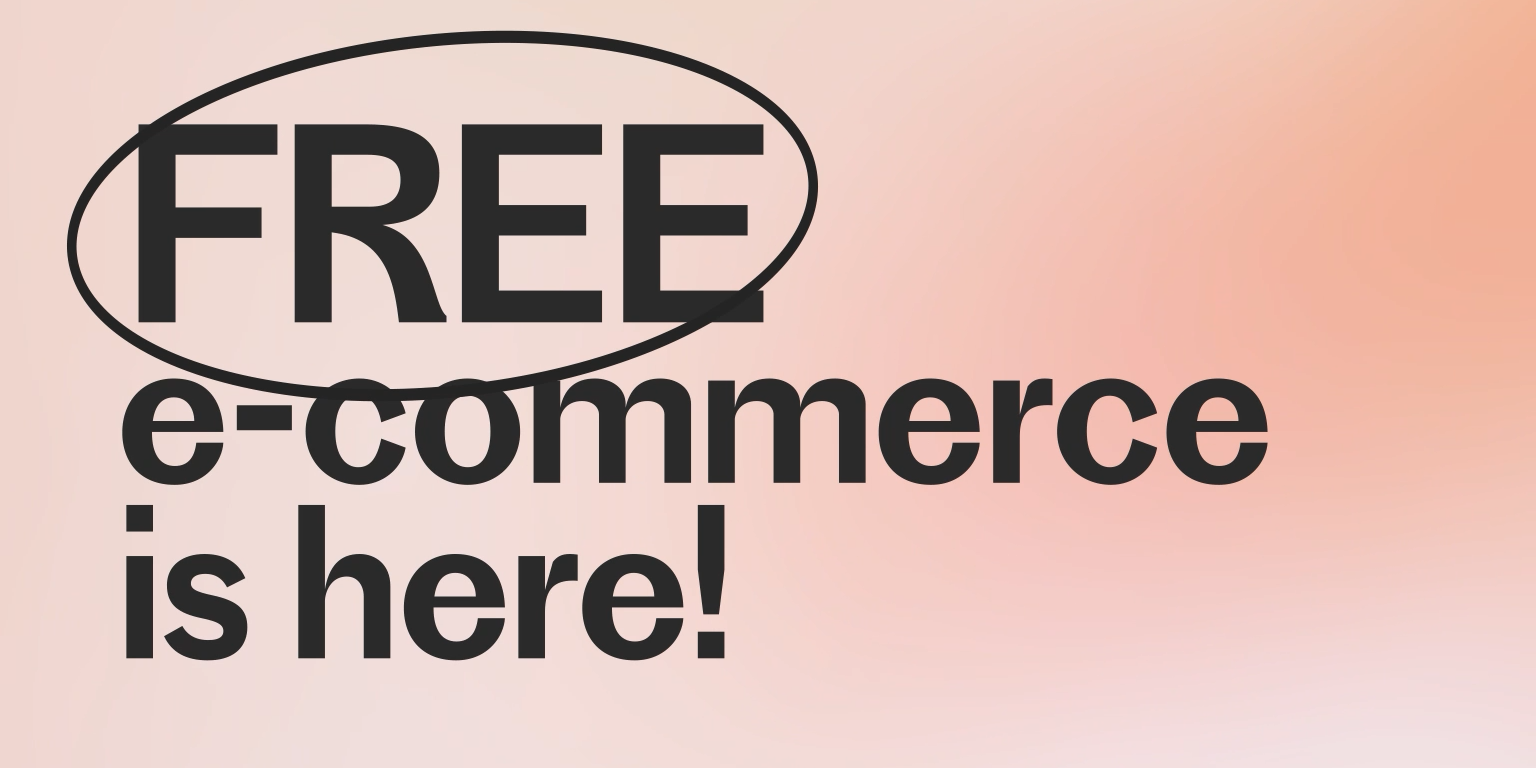
Our E-commerce Add-on Is Now Free for All Catalog Manager Sites
E-commerce is now free for everyone! In the spirit of creating as much value as possible for our community and clients, what was once a paid add-on is now free for everyone. Not using e-commerce on your SourceAudio site yet? Here are 12 way...[ READ MORE ]

